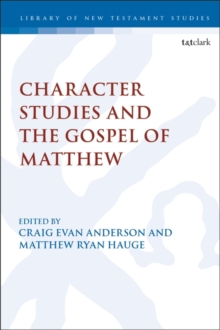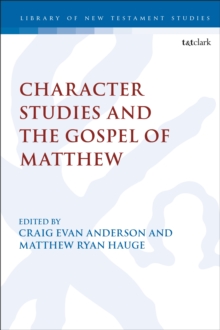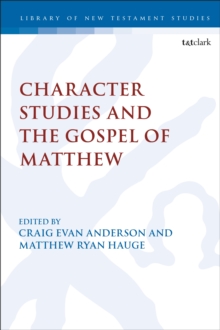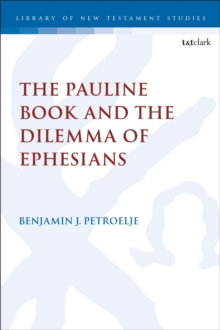
The Divine Builder in Psalm 68 : Jewish and Pauline Tradition PDF
by Todd A. Scacewater
Part of the The Library of New Testament Studies series
Description
The problem of Psalm 68:19 (Masoretic Text) in Ephesians 4:8 has a rich history of interpretation; particular focus has been placed on Jewish and Pauline interpretations of the psalm, and the Jewish exegetical tradition that reads Moses as the one who ascends Mount Sinai to receive and give the law. Todd Scacewater suggests a second tradition, henceforth unnoticed, that interprets Psalm 68 eschatologically. While both traditions are significant, Scacewater maintains that the eschatological tradition provides a better matrix through which to understand Paul's use of the psalm.
Scacewater argues that another key for understanding Pauline use of the psalm is the divine builder topos, which is pervasive in the ancient Near East, utilized in Psalm 68, and evident in Paul's understanding of the psalm as he applies it to Christ, the eschatological divine builder. Discussing the context of Ephesians, the building of the Temple and the trope of the divine builder, and Psalm 68's position in early/late Judaism and Ephesians, Scacewater contributes to a new methodology for studying how the New Testament authors interpreted and appropriated Hebrew Scriptures.
Information
-
Download - Immediately Available
- Format:PDF
- Pages:200 pages
- Publisher:Bloomsbury Publishing PLC
- Publication Date:14/05/2020
- ISBN:9780567694232
Other Formats
- EPUB from £24.29
Information
-
Download - Immediately Available
- Format:PDF
- Pages:200 pages
- Publisher:Bloomsbury Publishing PLC
- Publication Date:14/05/2020
- ISBN:9780567694232










